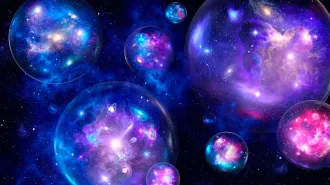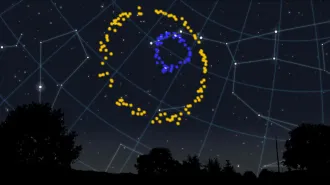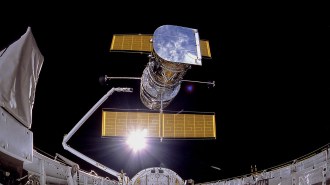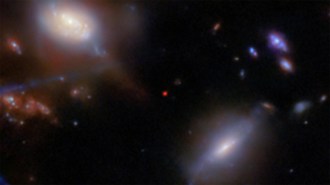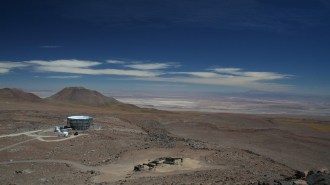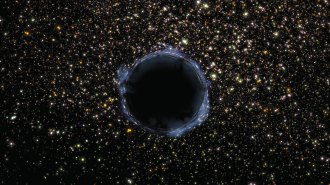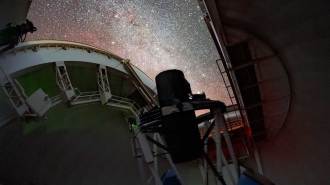2014 Kavli Prize winners announced
Cosmic inflation, nanoscale imaging and a better understanding of the brain circuits underlying memory and cognition have earned nine scientists the 2014 Kavli Prize.
The Kavli Prize is awarded by the Norwegian Academy of Science and Letters in three categories — neuroscience, nanoscience and astrophysics. The winners will each receive a gold medal, a scroll and a share of the $1 million award for each category at a ceremony in Oslo on September 9.
Brenda Milner of McGill University in Canada, John O’Keefe of University College London and Marcus Raichle of Washington University in St. Louis received the neuroscience prize for developing ways to measure the brain and for identifying specific brain regions involved in memory.
Thomas Ebbesen of the Université Louis Pasteur and Université de Strasbourg in France, Stefan Hell of the Max Planck Institute for Biophysical Chemistry in Germany, and Sir John Pendry of Imperial College London were awarded the nanoscience prize for figuring out how to image objects smaller than 200 nanometers with visible light.
Alan Guth of MIT, Andrei Linde of Stanford and Alexei Starobinsky of the Landau Institute for Theoretical Physics in Russia won the astrophysics prize for developing the theory of cosmic inflation. The theory describes how the universe expanded exponentially for fractions of a second after the Big Bang. Evidence to confirm cosmic inflation was announced in March but questions have been raised about the results.
